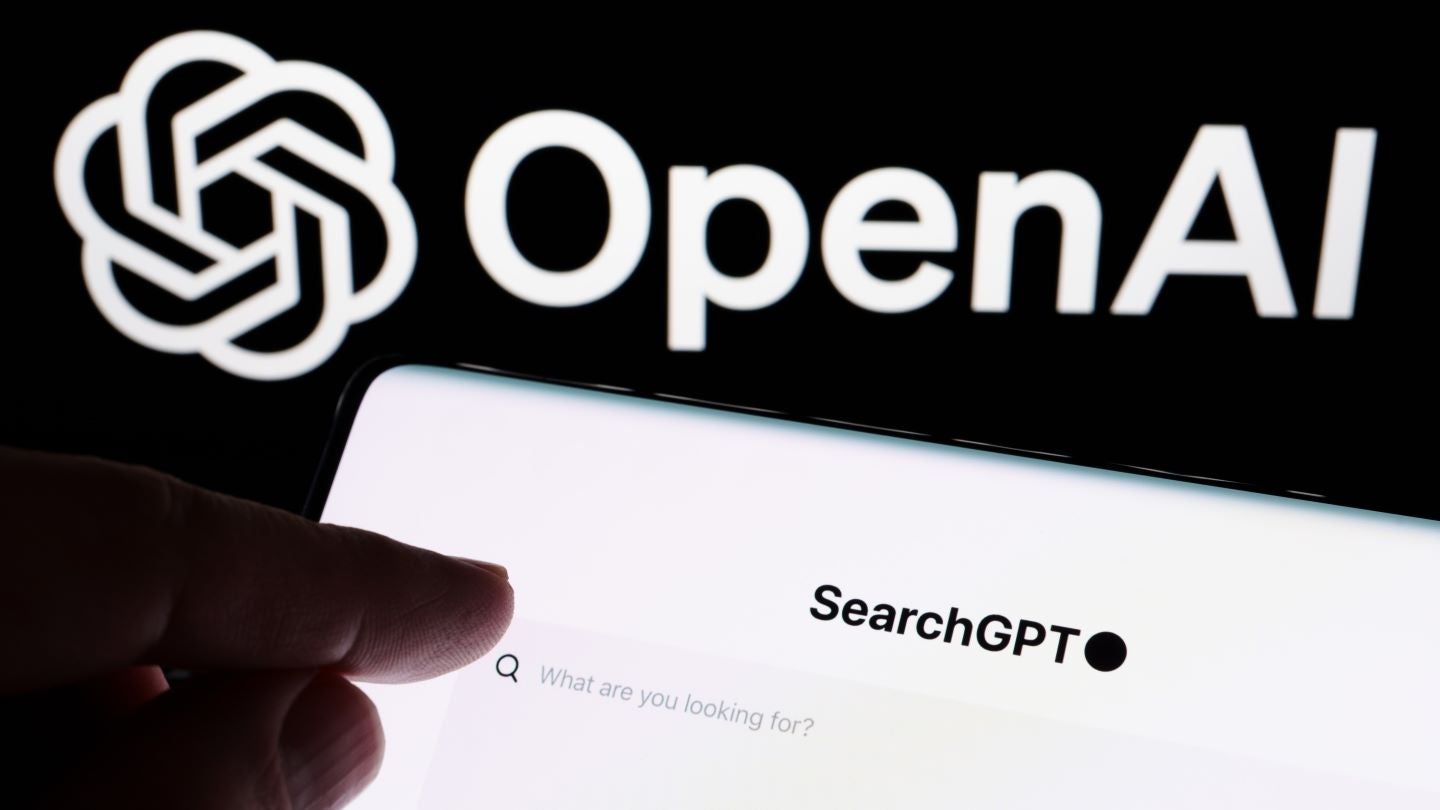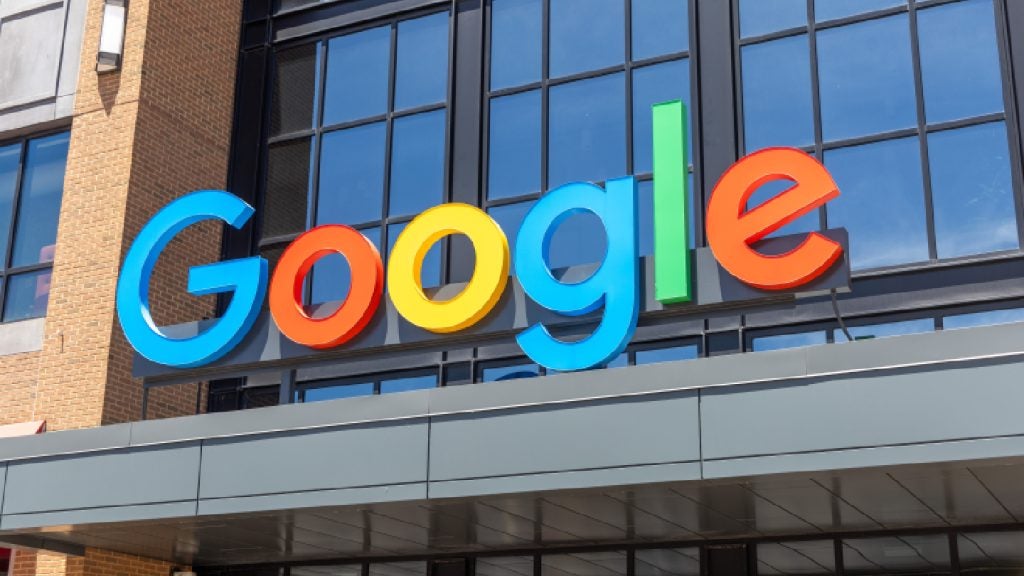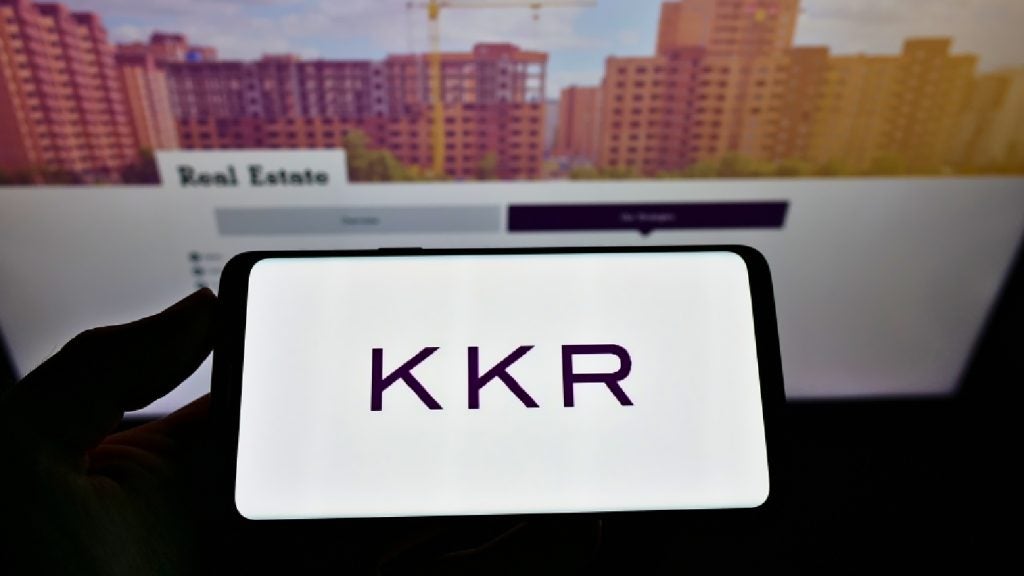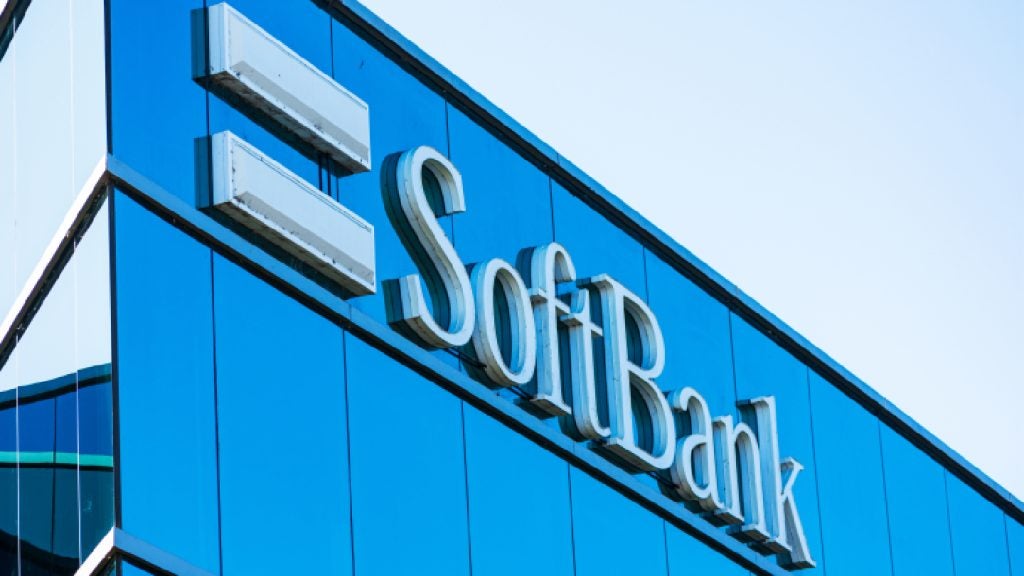
OpenAI is preparing to release an artificial intelligence (AI)-powered web browser aimed at challenging Google Chrome’s market dominance, reported Reuters, citing sources.
According to sources, the browser will launch in the coming weeks.

Access deeper industry intelligence
Experience unmatched clarity with a single platform that combines unique data, AI, and human expertise.
The move could impact Google’s ad revenue, as Chrome is a key component of Alphabet’s advertising business.
OpenAI’s proposed browser is designed to keep some user interactions within a ChatGPT-like native chat interface, reducing the need to click through to websites.
The San Francisco-based company’s strategy is to integrate its services into consumers’ personal and work lives.
It will provide OpenAI with direct access to user data, a cornerstone of Google’s success.

US Tariffs are shifting - will you react or anticipate?
Don’t let policy changes catch you off guard. Stay proactive with real-time data and expert analysis.
By GlobalDataOpenAI, led by Sam Altman, gained attention with its AI chatbot ChatGPT in late 2022.
Facing competition from Google and other startups, OpenAI is seeking new growth areas.
In May 2025, OpenAI acquired io, an AI devices startup, for $6.5bn, marking its entry into hardware.
The browser may allow integration of AI agent products such as Operator, enabling it to perform tasks on behalf of users.
It includes actions such as booking reservations and filling out forms directly within websites.
Similar AI-powered browsers, such as Perplexity’s Comet, have already launched, performing actions on users’ behalf.
Two AI-driven startups, The Browser Company and Brave, have also launched web browsers enhanced with AI, enabling them to navigate and condense online content.
Chrome’s success in leveraging user data for Alphabet’s targeted advertising has been so effective that the Department of Justice, following a 2024 US judge’s ruling declaring Google’s parent company an illegal monopoly in online search, has called for its divestiture.
OpenAI’s browser is built on Google’s open-source Chromium code. It is also used by Microsoft Edge and Opera.
Two sources noted that OpenAI hired former Google VPs instrumental in Chrome’s development.
In April 2025, an OpenAI executive expressed interest in acquiring Chrome if antitrust actions forced its sale, though Google, planning to appeal the monopoly ruling, has not put Chrome on the market.
Opting against a browser plug-in, OpenAI developed its own browser to gain greater control over user data collection, said one source.







